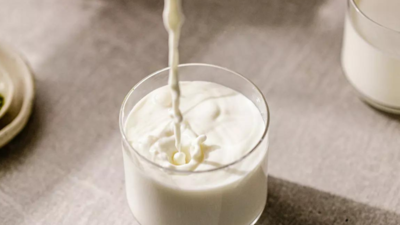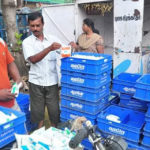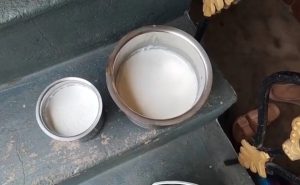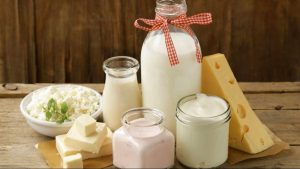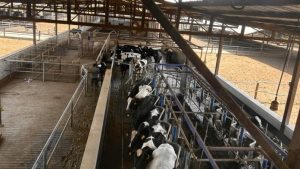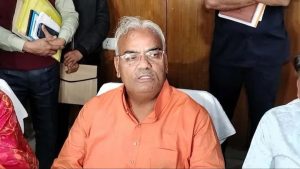
Bangalore Milk Union Ltd (Bamul), one of the largest federations of Karnataka, said the shortfall is due to a rising trend of farmers giving up dairy farming citing losses. Bamul serves Bengaluru Urban, Bengaluru Rural and Ramanagara districts.
A Bamul estimate suggests about 2,500-3,000 heads of cattle from Bengaluru region alone are sold every month to farmers from other states where dairy farming is lucrative.
Bamul chairperson Narasimha Murthy said the situation is alarming and officials have failed to bail out farmers. While neighbouring states are paying farmers Rs 40 for every litre of milk procured, Karnataka is paying Rs 30, which does not cover costs. “Every month, 15-20 farmers are stopping selling milk to us,” he said.
As a result, Bamul has started trimming production of bulk milk packets, ghee and other products. Of the 15 lakh litres of milk, about 11 lakh litres is supplied to consumers across Bengaluru.
The rest is used for making skimmed milk powder and cheese, among others. The milk powder has to be supplied to schoolchildren under the midday meal scheme, Murthy said. With the government not responding to Bamul’s multiple representations seeking help, there will be a crisis if this situation continues for a month, he said.
“We had sought revision of milk prices to pay the farmers, but the state government hasn’t taken any step due to approaching polls. The unions have been suffering huge losses. If we revise the price on our own, then the government will invoke section 29(c) of the Cooperative Act and disqualify us.
Inability to afford the rising cost of animal feed and unprofitable remuneration have forced many farmers to sell the cattle to their counterparts in Andhra Pradesh, Telangana, Tamil Nadu and Maharashtra. In fact, there are middlemen who are dealing with such trade and a farmer is getting Rs 1.5 lakh to Rs 2 lakh per cattle,” Murthy said.
